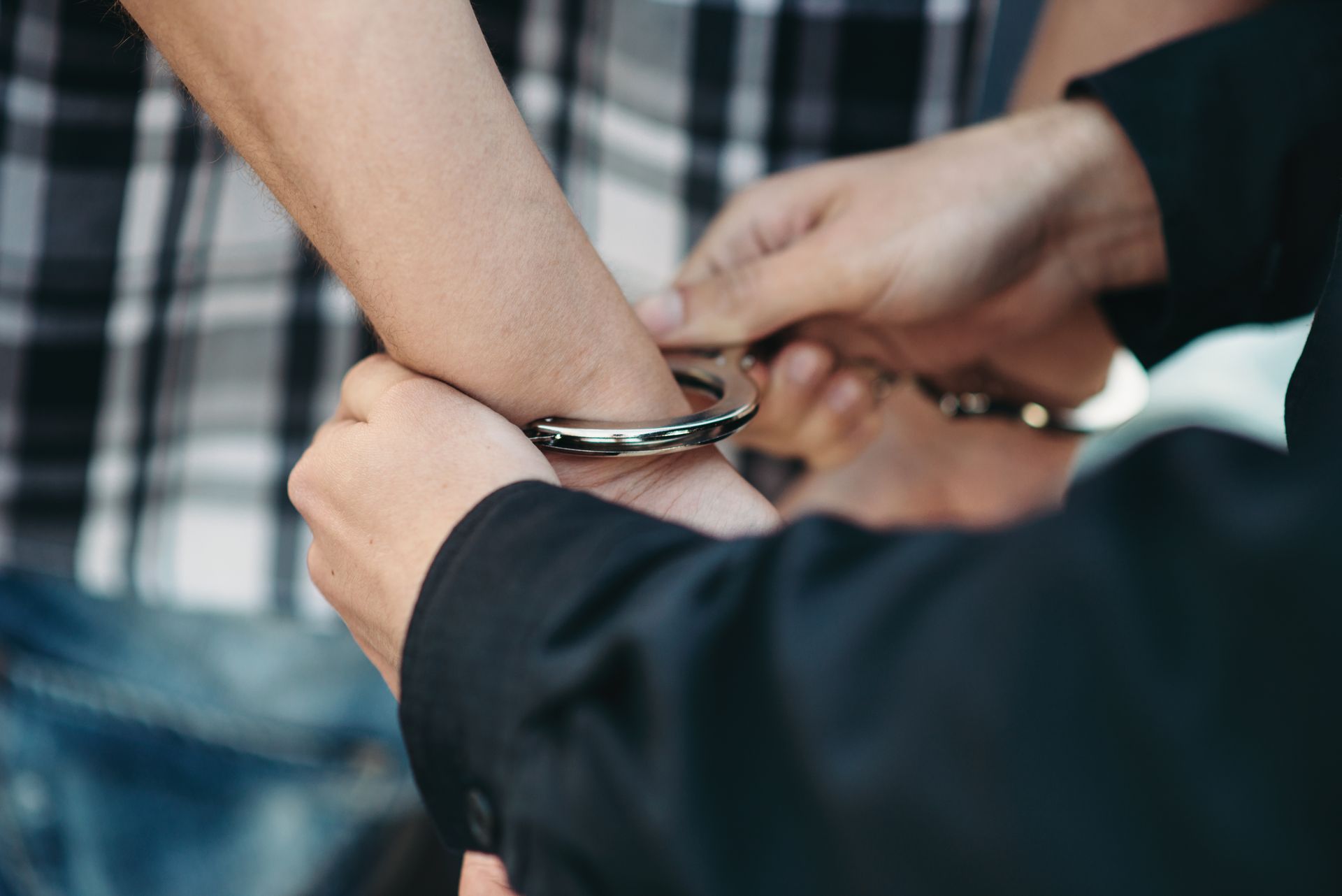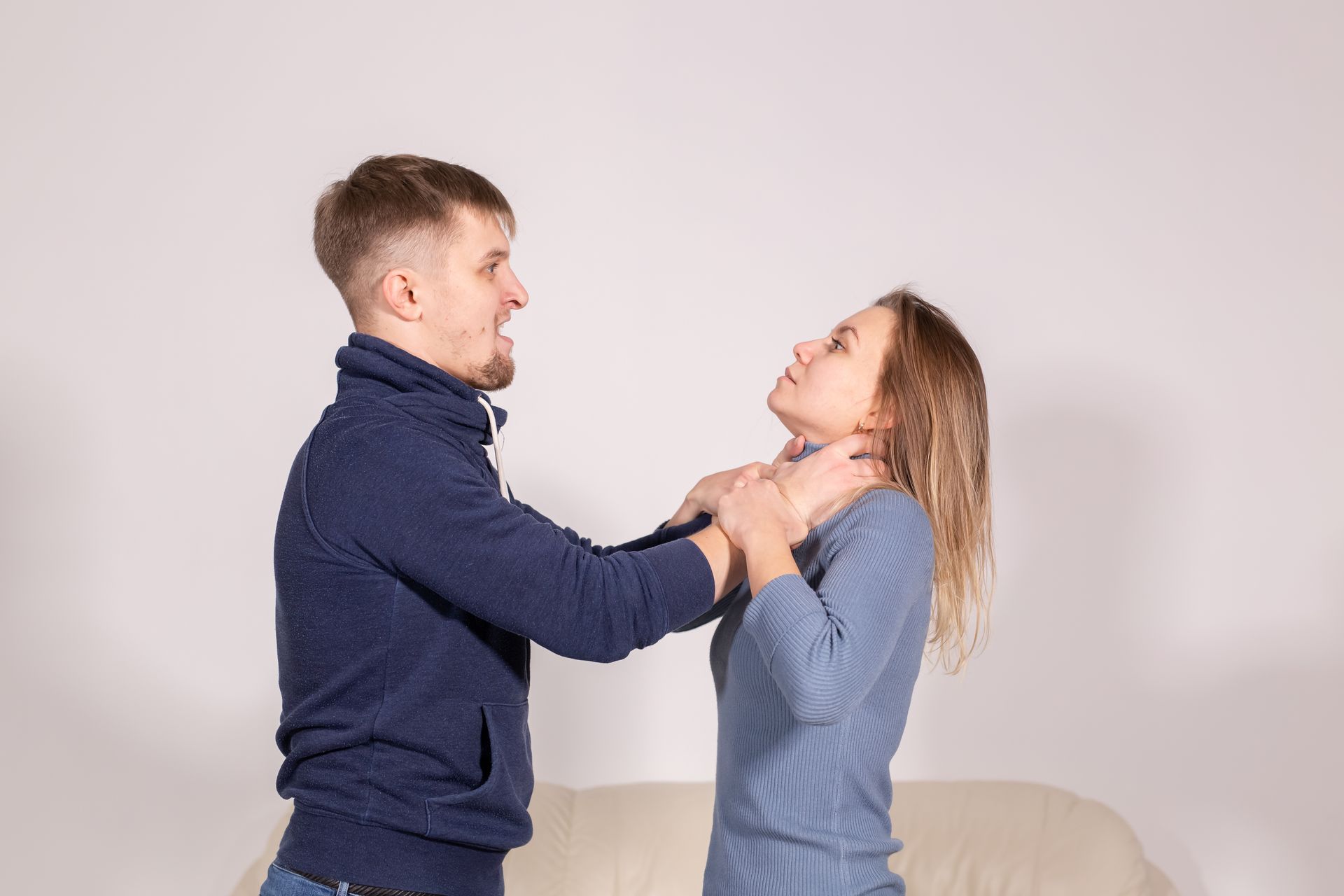How Many Types of Manslaughter Are Recognized in Orlando, Florida?
In the realm of criminal law, manslaughter stands as a perplexing and often misunderstood concept. Though not as widely recognized or sensationalized as murder, it carries significant legal implications that can drastically alter a defendant's fate in the courtroom. Understanding manslaughter requires a deep dive into its legal definition, distinctions from other crimes like murder, and the various forms it can take. This blog sheds light on what manslaughter is, how it differs from murder, and the factors that come into play when determining culpability for this offense. By looking into these details, readers will gain a clearer understanding of the nuances surrounding manslaughter within the framework of criminal law.
The Degrees of Manslaughter
- Voluntary Manslaughter: This category involves intentional killing in the heat of passion or provocation, leading to a sudden loss of self-control. It differs from murder due to the absence of premeditation.
- Involuntary Manslaughter: In contrast,
involuntary manslaughter occurs when there is no intent to kill but death results from recklessness or criminal negligence. This category includes accidental deaths caused by a failure to exercise reasonable care.
- Vehicular Manslaughter: Another form is vehicular manslaughter, which encompasses deaths resulting from negligent operation of a vehicle. Examples include driving under the influence or reckless driving that causes fatalities on the road.
By understanding these different legal categories, individuals can grasp the nuances within manslaughter charges and how they are classified based on varying circumstances and levels of culpability in causing another person's death.
Actus Reus and Mens Rea in Manslaughter
Actus Reus: The actus reus of manslaughter refers to the physical act or conduct that results in the death of another person. This can include actions such as reckless driving, assault, or negligence that leads to someone's death.
Mens Rea: On the other hand, mens rea pertains to the mental state or intent behind the act that caused the death. In cases of manslaughter, this could involve recklessness or negligence on behalf of the individual responsible for causing harm.
In order to be convicted of manslaughter, both elements – actus reus and mens rea – must be present. It is not enough for someone to have caused another person's death; there must also be a level of culpability established based on their intentions or state of mind at the time of the incident.
Provocation, Diminished Capacity, and Other Defenses in Manslaughter Cases
Provocation Defense
In some cases of manslaughter, the defendant may argue that they were provoked into committing the act. This defense hinges on the idea that their actions were a direct result of being provoked by another person's words or actions. However, for this defense to be successful, it must be shown that the provocation was enough to cause a reasonable person to lose control.
Diminished Capacity Defense
Another potential defense in manslaughter cases is diminished capacity. This defense asserts that due to certain mental health issues or other factors, the defendant was not able to understand the nature and consequences of their actions at the time of the crime. It can be used to argue that they should not be held fully responsible for their actions due to these limitations.
Other Defenses
Other defenses in manslaughter cases may include self-defense or accidents where there was no intent to kill. These defenses aim to show that there were circumstances surrounding the incident which mitigate or excuse the defendant's responsibility for causing another person's death. Each case is unique and will depend on specific facts and evidence presented during trial.
Sentencing and Penalties for Manslaughter
Culpability: The level of culpability, or blameworthiness, of the defendant is a key factor in determining the appropriate sentencing and penalties for manslaughter. This includes factors such as intent, awareness of risk, and degree of recklessness.
Prior Criminal Record: A defendant's prior criminal record can also play a role in sentencing for manslaughter. Repeat offenders may face harsher penalties than first-time offenders.
Aggravating or Mitigating Circumstances: Additional factors such as whether the victim was particularly vulnerable, if there was provocation involved, or if the defendant showed remorse can all be taken into account when determining sentences for manslaughter. These aggravating or mitigating circumstances can impact the severity of penalties imposed by the court.
When it comes to sentencing and penalties for manslaughter cases, these factors are carefully considered by judges to ensure that justice is served while taking into account any mitigating circumstances that may exist in each individual case. By weighing all relevant factors and considering various aspects surrounding the offense committed, courts aim to reach fair and just outcomes in accordance with legal guidelines and precedents related to manslaughter cases.
Contact Hanlon Law for Criminal Defense in Orlando, FL
If you are facing manslaughter charges in Orlando, FL, contact Hanlon Law for experienced criminal defense representation. With a strong focus on protecting your rights and building a strategic defense, Hanlon Law is committed to providing personalized legal support during this challenging time. Their knowledgeable team understands the complexities of manslaughter cases and will work tirelessly to achieve the best possible outcome for you. Reach out today to discuss your situation and take the first step toward securing your defense.
Hanlon Law
300 S Orange Ave Ste 1160
Orlando, FL 32801
(407) 987-3836












